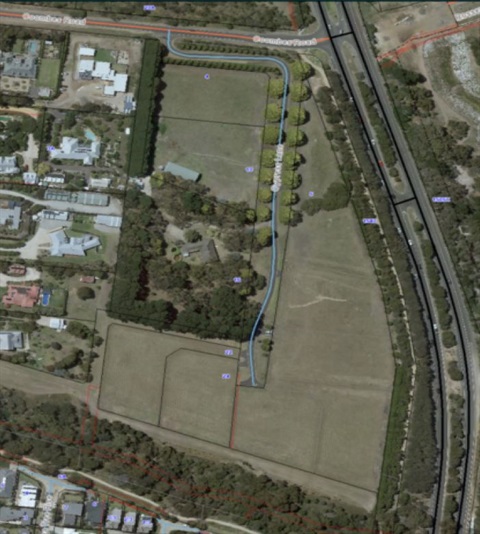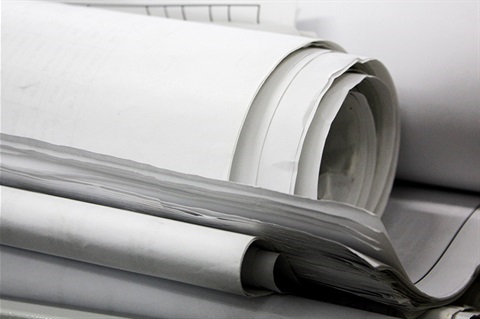Pork-barrelling wastes money, is unfair, and could be dramatically curtailed if the federal government stuck to its job of providing funding only for nationally significant transport projects.
A new Grattan Institute report, Roundabouts, overpasses, and carparks: Hauling the federal government back to its proper role in transport projects, finds that at the last federal election only one of the Coalition’s 71 transport promises valued at $100 million or more had a business case approved by Infrastructure Australia, and for Labor, it was two projects of 61.
Federal pork-barrelling on transport projects favours electorally important states.
Queensland and NSW, where federal elections tend to be won and lost, consistently receive more, and Victoria less, than can be explained by population, population growth, size of the road network, share of passenger or freight travel, or what it actually costs the state government to run the transport system.
The federal government compounds this inequity by funnelling much more of its discretionary transport funding to the most marginal seats, such as Lindsay in Sydney, Higgins in Melbourne, Moreton in Brisbane, Hasluck in Perth, and Boothby in Adelaide.
The average marginal urban seat received $83 million from the federal Urban Congestion Fund, whereas the average safe Coalition seat received $64 million and the average safe Labor seat $34 million.
‘Politicians who insist on pork-barrelling are wasting taxpayers’ money, and the biggest losers are people who live in safe seats or states with few marginal electorates,’ says report author and Grattan Institute Transport and Cities Program Director Marion Terrill.
Politicians are not supposed to spend public money to promote their private interest, including their private political advantage. The report shows that avoiding such conflicts of interest would be more straightforward if the federal government stuck to its national role, and did its due diligence before spending public money.
Much of what the federal government spends on transport projects is outside the role that it has agreed with the states. The federal government is supposed to focus on nationally significant infrastructure on the National Land Transport Network; state and local governments are supposed to be responsible for locally-important roads and rail.
That hasn’t stopped successive federal governments since 2009 from funding nearly 800 roundabouts, carparks, and overpasses that are unconnected with the National Network.
The report recommends that before approving any transport project, the federal government should have to consider and publish Infrastructure Australia’s assessment of the project, including the business case, cost/benefit analysis, and ranking on national significance grounds.
‘And whichever party wins government at the 2022 federal election should stick to its job: no more roundabouts, overpasses, or carparks, just nationally significant roads and rail on the National Land Transport Network,’ Ms Terrill says.








